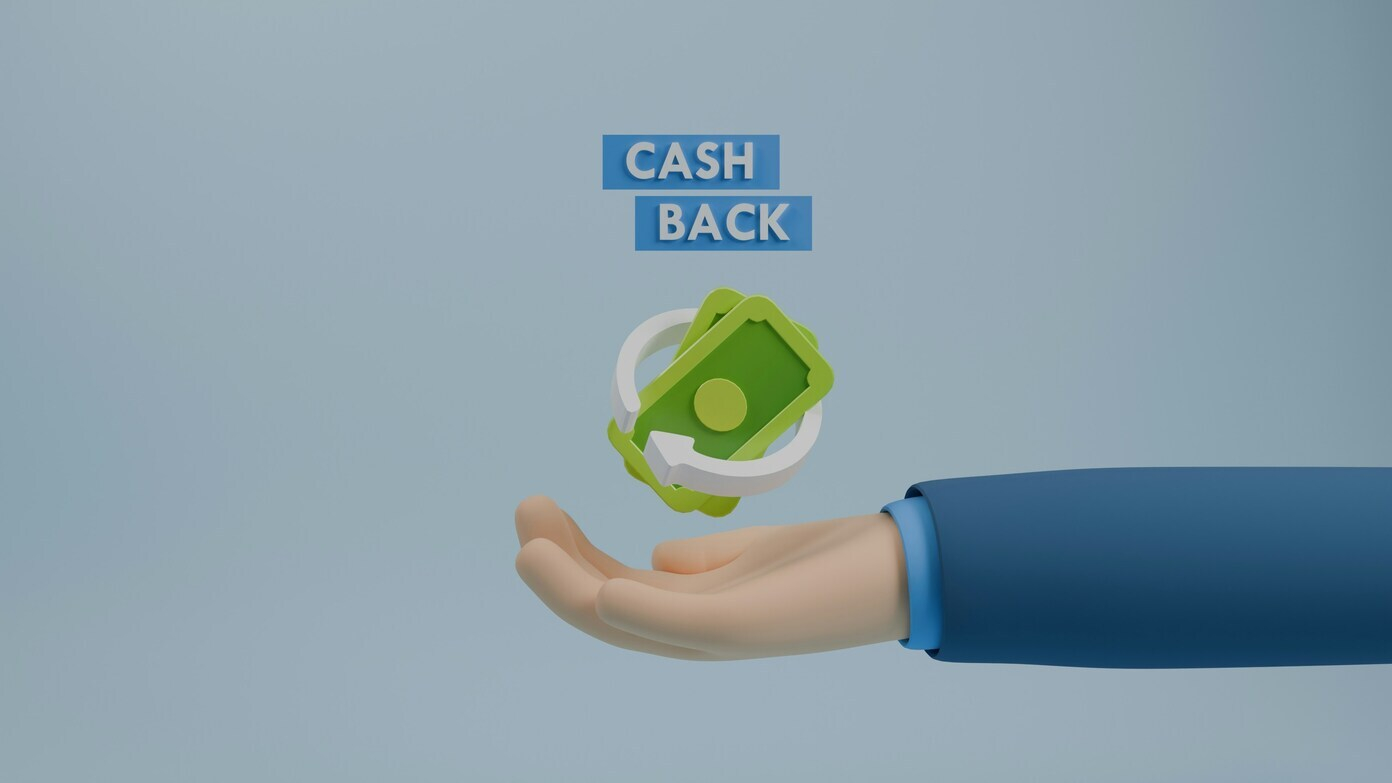Whether you’re one of the 71.6 million Americans currently receiving Social Security benefits or planning to claim them in the future, understanding how much you’ll receive each month is essential. Social Security serves as a crucial income source for retirees, helping cover daily expenses and essential bills. However, many recipients are surprised—or even disappointed—when their payments turn out to be lower than expected. Several factors influence the amount you receive, and understanding them can help you plan better for your financial future.
Your work history and earnings affect your benefit amount
One of the biggest factors in determining your Social Security payment is your lifetime earnings. The Social Security Administration (SSA) calculates benefits based on your highest 35 years of income. If you had several years of low or no earnings, your overall benefit amount could be reduced.
Since Social Security is funded through payroll taxes, the more you earn and contribute over your working years, the higher your benefits will be. Conversely, if you had periods of unemployment or worked in low-paying jobs, your Social Security payments may be lower than expected.
For example, if you only worked for 30 years instead of the required 35, the SSA will factor in five years of $0 earnings, which will significantly lower your monthly benefit amount. To maximize your payments, it’s advisable to work for at least 35 years to ensure the highest possible earnings are used in your benefit calculation.
Claiming benefits early can reduce your payments
Another major reason your Social Security check might be lower than expected is when you decide to claim benefits. Although you can start receiving Social Security as early as age 62, doing so comes with a significant reduction in your monthly payments.
If you were born after 1960, claiming Social Security at 62 results in a 30% reduction in benefits compared to waiting until full retirement age (FRA), which is 67 for most workers today. For instance, if you were eligible for $2,500 per month at FRA, claiming at 62 would lower your benefit to around $1,750—a loss of $750 per month or $9,000 per year.
On the other hand, delaying benefits past your full retirement age can increase your payments. Social Security rewards those who wait by adding 8% per year to their benefit amount up until age 70. If you hold off on claiming until 70, you could receive a much larger check each month. In the previous example, waiting until 70 could boost your monthly payment to approximately $3,100, significantly improving your financial stability in retirement.
Working while collecting benefits may reduce your check
If you continue working while receiving Social Security benefits, your paycheck might be smaller due to income limits set by the SSA. If you haven’t yet reached full retirement age, there’s an annual earnings threshold that affects your benefits.
For 2025, if you’re under full retirement age and earn more than $23,400, the SSA will deduct $1 from your benefits for every $2 earned above this limit. This means if you earn $30,000, your Social Security check will be reduced by about $3,300 for the year.
Once you reach full retirement age, the income limit increases significantly. In 2025, the threshold is $62,160. If you earn more than this amount, your benefits will be reduced by $1 for every $3 earned above the limit. However, once you officially reach full retirement age, the SSA recalculates your benefits to compensate for any amounts withheld due to work-related earnings.
Read now: Hello to a secure retirement – Slever planning to make sure you don’t depend on Social Security
